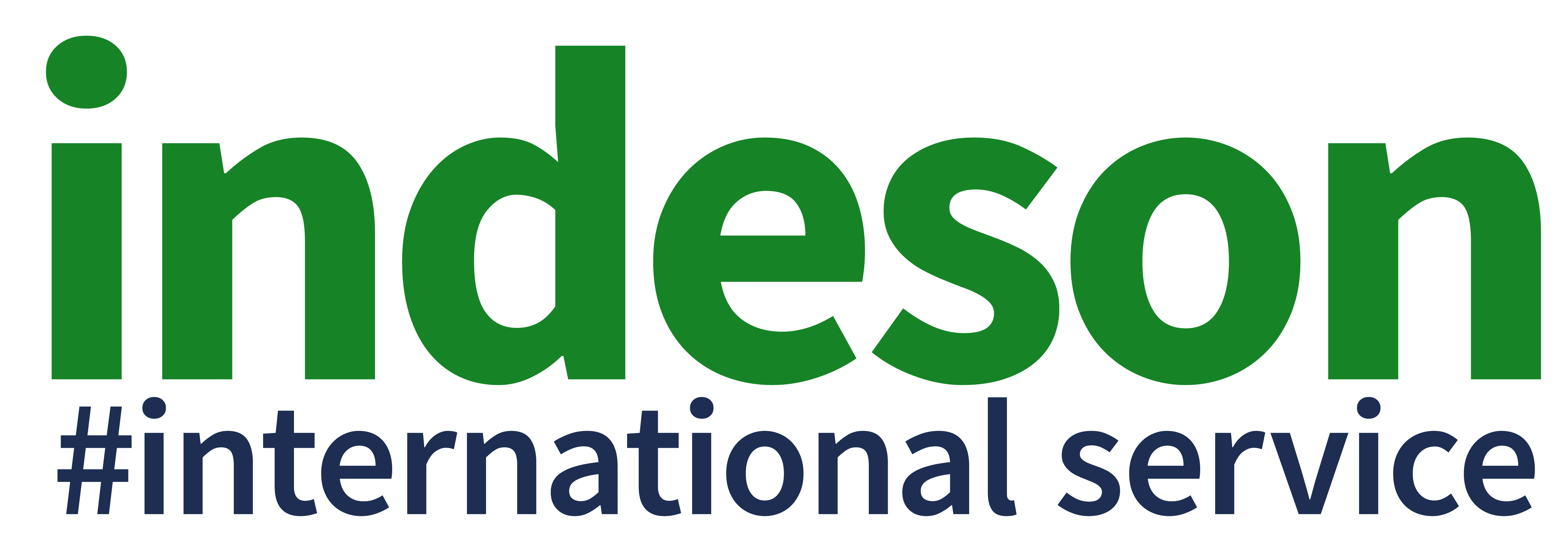Policy and Legislation Services

Policy and legislation services in the context of technical and vocational education and training (TVET) are essential for the growth and effectiveness of TVET programs. These services involve the development and implementation of policies and laws related to funding, curricula, and advocacy, as well as the provision of specific services such as the development of training materials and resources.
Policymakers and other stakeholders play a crucial role in the development and implementation of policies and laws related to TVET, which can help ensure that individuals have access to high-quality TVET programs and the skills and knowledge they need to succeed in the workforce.
- Development and implementation of policies, legislation and laws related to funding, curricula, and advocacy
- Education and involvement of policymakers and other stakeholders in the development and implementation of policies and llegislation
- Ensure that individuals have access to high-quality TVET programs and the skills and knowledge they need to succeed in the workforce
- Support the development of high-quality TVET programs that provide individuals and companies with the skills and knowledge they need
The development and implementation of policies and laws related to technical and vocational education and training (TVET) are essential for the growth and effectiveness of TVET programs. Through policy and legislation services, governments, educational institutions, employers, and other stakeholders can work together to create policies and laws that ensure individuals have access to high-quality TVET programs and the skills and knowledge they need to succeed in the workforce.
Advocacy efforts are a key component of successful TVET initiatives and have to be supported through policies and legislation. This includes the promotion of the importance of TVET and working with policymakers and other stakeholders to raise awareness of the benefits of TVET and to advocate for increased support and investment in TVET programs. It is important to address barriers to access to TVET programs, such as inadequate funding or inadequate availability of TVET programs in certain regions. Establishing mechanisms for monitoring and evaluating the effectiveness of TVET programs and identifying areas for improvement is also essential.
Who are the stakeholders for Policy and Legislation services?
Policymakers play a crucial role in the development and implementation of policies and legislation related to TVET. Policymakers are individuals or groups who have the authority to make decisions about the development and implementation of policies and laws. Policymakers could include government officials at the local, state, or national level, as well as members of legislative bodies (such as Congress or Parliament) who are responsible for creating and passing laws related to TVET.
Other stakeholders include individuals or groups who have an interest in or are impacted by TVET policies and laws. This could include TVET institutions and educators, employers who hire individuals with TVET qualifications, and students who are enrolled in TVET programs. These stakeholders can play a key role in shaping the development of policies and laws related to TVET by providing input and feedback to policymakers, advocating for their interests and concerns, and working collaboratively with policymakers to develop solutions to challenges and issues related to TVET.
Funding and Curriculum Development for TVET Programs
The funding of TVET programs is an essential component of successful education and training initiatives. In order to ensure that TVET programs have the resources they need, it is necessary to identify sources of funding and establish mechanisms for allocating these funds. This includes the allocation of funds for specific types of programs or institutions, and the use of funds to support the development of new and innovative TVET initiatives.
Additionally, working with TVET institutions, employers, and other stakeholders to develop standards and guidelines for the content of TVET programs, as well as developing and disseminating training materials and resources, is necessary for the development of successful curricula. Aligning TVET programs with industry needs and the recognition of TVET qualifications by employers and other educational institutions is also essential.
